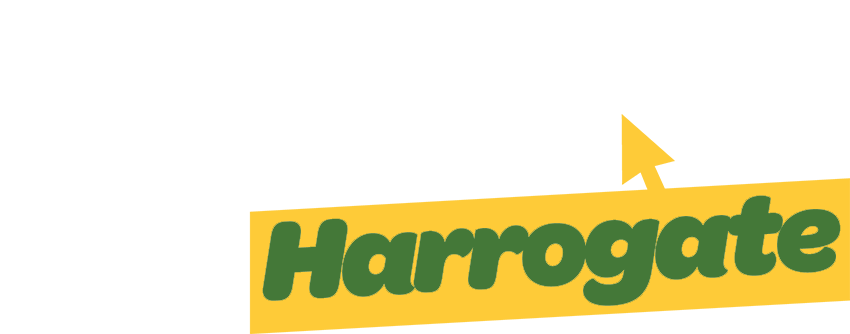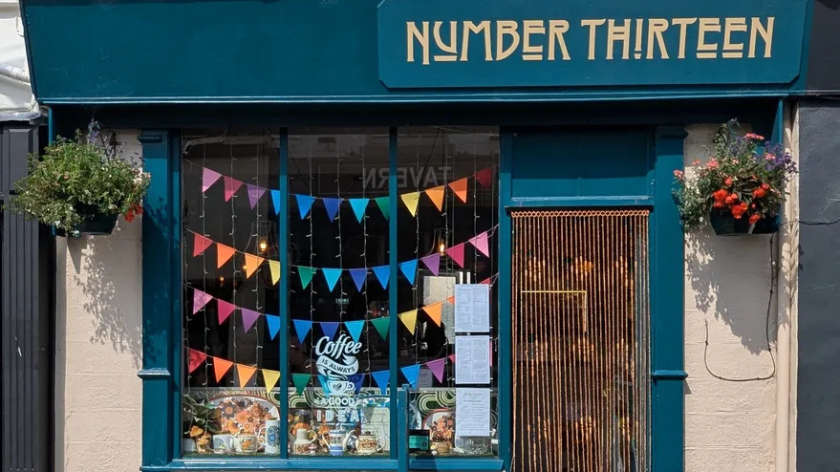
The UK Government is gearing up to propose a sweeping tax hike on the gambling industry.
This aims to raise up to £3 billion in additional revenue.
With public finances under pressure, former Prime Minister Gordon Brown and influential think-tank Institute for Public Policy Research (IPPR) have urged the Government to raise the duty on sports betting and online gaming.
According to the IPPR, the extra levy could elevate the current tax regime and bring the gaming sector in line with other vice industries.
This development is part of the broader fiscal fix demanded by Chancellor Rachel Reeves, who faces a looming budget shortfall and has signalled that gambling firms “should pay their fair share”.
The Industry is On Edge
Leading bookmaker Betfred has publicly warned that its entire retail estate of around 1,300 high-street betting shops could close if the duty increases happen.
Chairman Fred Done described the proposed hikes as “the biggest threat” he has seen in his decades in the business.
Betfred contends that doubling the duty on sports betting from 15 % to 30 %, and potentially increasing the levy on online slots from 20 % to 50 %, would eliminate profits for many outlets.
They argue this would prompt a wholesale retreat from the high street and drive punters toward unregulated channels.
Additionally, land-based venues will feel the impact more compared to online casino platforms.
Most local platforms offer flexible payment and instant withdrawal casino options, including PayPal, debit cards, and, most of all, they offer convenience.
Unlike online casinos, physical venues like BetFred have additional costs to consider, including maintaining physical machines, staff, and the venue itself.
The Threat to Retail Shops
High-street betting shops are argued to be at particular risk under the proposed tax regime.
Betfred says around 300 of its shops are already loss-making, and the margin-squeeze of higher duty would tip the balance.
If forced to close, the knock-on impact is immense. 7,000 jobs at Betfred alone could be at risk, with thousands more across the industry.
The decline of physical shops could ripple through local economies, especially in smaller towns where such businesses anchor footfall and local employment.
Retail operators claim the cost of operating a shop cannot be recovered if the duty rises significantly.
The warning from the industry is blunt.
The crisis isn’t just about one shop closing, but the viability of the whole retail channel.
Government’s Policy Logic
The Government and advisory arms see considerable tax-raising potential.
The IPPR figures suggest that when duties are raised to levels seen in some European jurisdictions (remote-gaming duty up to 50 %), an extra £3 + billion could be raised.
Supporters of the tax hike argue it is justified on several fronts, and many perceive the gambling sector as under-taxed relative to its size and social risks.
Additional funds could support policy objectives such as reforming welfare or funding public services.
The online gambling market, including casinos and slots, is perceived as lucrative and under-leveraged for tax purposes.
Treasury officials have retreated from committing to tax rises specifically, emphasising a consultation on “bringing online betting in line with other forms of online gambling” rather than a clear duty increase.
The Risks of Unintended Consequences
Industry reps highlight the risk that raising taxes will backfire.
If many shops close, the taxable base shrinks.
Betfred claims the opposite of the intended effect could occur.
Black-market growth would increase if regulated operators become unattractive.
Thousands of jobs face possible redundancy, and high-street decline may follow.
Critics point out that policy aimed at reducing gambling harm could paradoxically shift supply to less supervised channels.
As one Reddit commenter put it, “People will not stop gambling; they'll just go online.”
What Happens Next?
The Autumn Budget, which is scheduled for 26th November 2025, is widely expected to include decisions on gambling duty.
Industry warnings have intensified in recent days, culminating in pleas from Betfred and others for a meeting with the Chancellor.
Regulatory consultation papers on online betting are already out, but the government has maintained ambiguity on whether the duty will rise and by how much.
Observers expect that any announcement will need to balance raising revenue, protecting jobs and preventing unintended shifts to the illicit market.
For retail operators, urgent preparations may be underway.
What It Means for Stakeholders
For punters, the impact for individuals betting online or in shops may include changes to odds, fewer promotions, or reduced shop-betting availability.
The shift to online formats may accelerate.
Employees in retail branches are facing uncertainty.
A closure wave would force job transitions or exits from the industry.
Towns with many betting shops would feel the economic impact of closures with empty storefronts and loss of ancillary spending.
The gamble for the government is one of timing and sensitivity.
Getting the balance wrong could cost more than it brings in.
For the sports and media sectors, reduced retail betting could mean lower contributions to racing levies and sponsorship funds.
The industry fears a domino effect.
A Decision Point for the Budget Year
Whether the Government proceeds with full-scale duty hikes or scales back the plan will tell us much about the balance of power between ministers and industry at a time of fiscal pressure.
For the high-street betting sector, the coming weeks may be decisive.













